The electric vehicle market is at a pivotal juncture, poised for transformative change. For years, the higher upfront costs of EVs, largely due to expensive battery packs, have been a significant barrier to mass adoption. However, recent developments indicate a dramatic shift in this landscape. Battery prices have plummeted significantly in a short period, with experts forecasting even further reductions in the near future.
Let’s explore the implications of these groundbreaking changes, not just for the automotive industry but also for consumers eager to embrace a more sustainable mode of transportation.
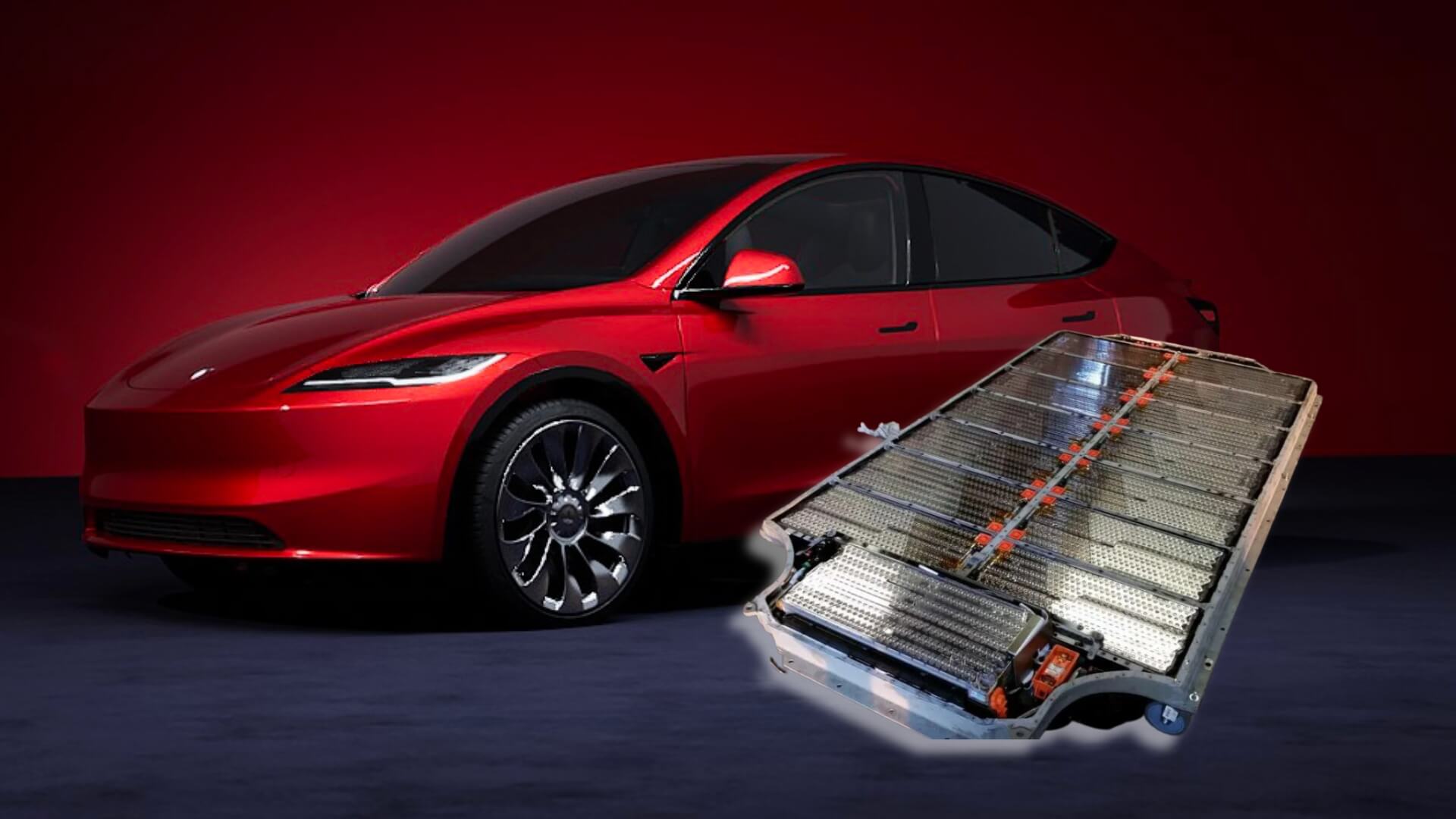
Table of Contents
EV Battery Cost Reduction
This significant reduction in battery costs is more than just a statistic, it’s a catalyst for change in the automotive industry, setting the stage for a future where electric vehicles could become the norm rather than the exception.
Cost of Battery Pack: Current Scenario
The cost of the battery pack has long been the Achilles’ heel of electric vehicles, making them more expensive upfront compared to their internal combustion engine (ICE) counterparts. This cost factor has often deterred potential buyers, despite the long-term savings and environmental benefits that EVs offer.
However, the tides are turning. According to a recent report by market research firm TrendForce, there has been a notable 10% drop in battery prices worldwide in just a single month. This is part of a larger trend, as battery prices have been on a steady decline, but the rate at which the costs are falling is accelerating.
Future of EV Battery Technology
The future of electric vehicles looks brighter than ever, thanks in large part to expert predictions of further reductions in battery prices. Industry analysts forecast that this downward trend is not only likely to continue but could even accelerate in the coming months. This has profound implications for both the manufacturing and operational costs of electric vehicles.
Reduced battery prices mean that automakers can produce electric vehicles at a lower cost, thereby making them more competitively priced against traditional internal combustion engine vehicles. This is a game-changer for the industry, as it will likely spur increased production and, consequently, greater adoption rates among consumers.
Moreover, the falling costs of batteries will also make electric vehicles cheaper to run in the long term. The reduced expense of battery replacement or maintenance will further tip the scales in favor of EVs when consumers consider the total cost of ownership, which includes not just the purchase price but also the costs of fueling, maintenance, and potential repairs.
Factors Driving the Price Cut
The falling battery prices can be attributed to a combination of economies of scale, technological advancements, and increased competition. Each of these factors individually contributes to reducing costs, but together they create a synergistic effect that is accelerating the transition to electric vehicles.
Economies of Scale
One of the primary drivers behind the falling battery prices is the principle of economies of scale. As production volumes increase, manufacturers can spread the fixed costs of production over a larger number of units, thereby reducing the cost per unit. This is particularly relevant in the EV industry, where increased demand for electric vehicles has led to higher production volumes of batteries.
The result is a virtuous cycle: as more batteries are produced, their cost goes down, which in turn makes electric vehicles more affordable and boosts their adoption rates, further increasing production volumes.
Technological Advancements
Technological innovation is another significant factor contributing to the reduction in battery prices. Advances in battery chemistry, such as the development of lithium-ion phosphate (LFP) batteries, have led to more efficient and cost-effective solutions. Additionally, improvements in manufacturing processes have streamlined production, reducing waste and lowering costs.
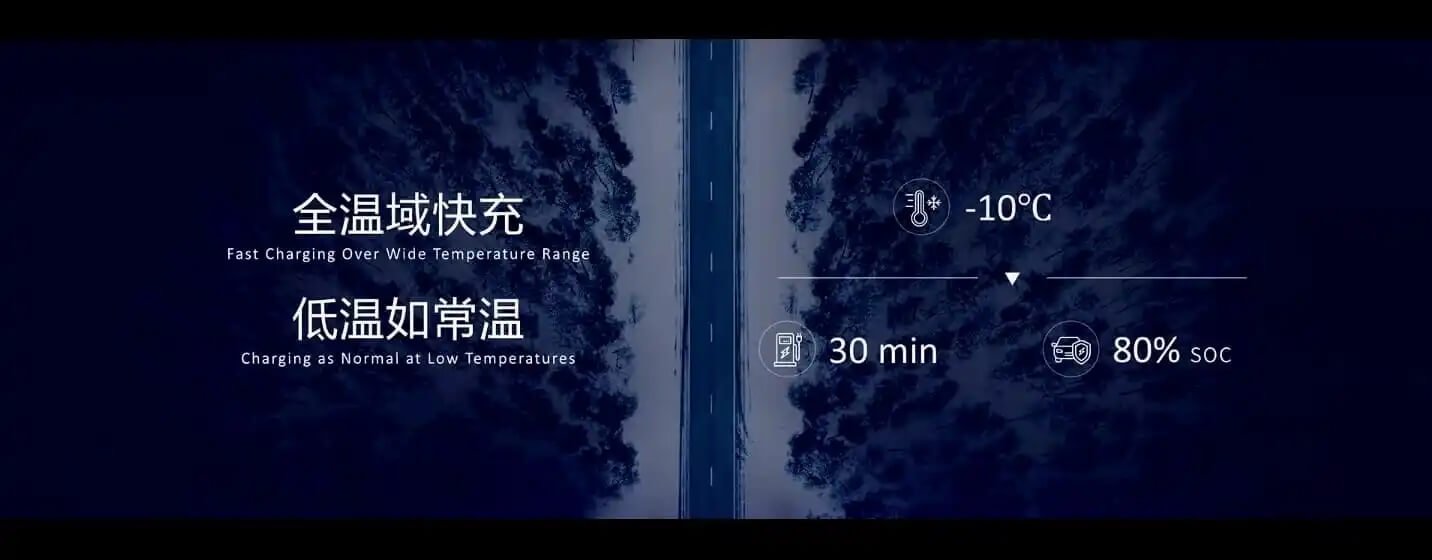
Companies at the forefront of these technological advancements, like CATL and BYD, have been pivotal in driving down costs, making electric vehicles more accessible to the average consumer.
Increased Competition
The entry of more players into the electric vehicle market has also had a profound impact on battery prices. Increased competition puts pressure on manufacturers to offer more cost-competitive prices to attract consumers. This is especially true as established automakers like Volkswagen and newcomers alike venture into the EV market, creating a more diverse range of options for consumers. The competition is not just among vehicle manufacturers but also among battery producers, further driving down prices.
EVs Will Soon Be Cheaper Than Gasoline Cars
The plummeting battery prices are a double-edged sword for the automotive industry. While they present a golden opportunity for companies that have already adopted electric vehicle technology, they pose a significant challenge for traditional automakers still invested in outdated ICE technology. The clock is ticking, and the pressure to transition is mounting, making it a critical time for these companies to make decisive moves.
The Advantage for EV-First Companies
Companies that have been early adopters and innovators in the electric vehicle market, such as Tesla and BYD, stand to gain significantly from the falling battery prices. These “EV-first” companies have already invested heavily in electric vehicle technology, from research and development to production capabilities. As a result, they are well-positioned to capitalize on the reduced costs of batteries.
For Tesla and BYD, the declining battery prices mean that they can produce electric vehicles at a lower cost, thereby increasing their profit margins or passing the savings on to consumers to boost sales. Given that these companies already have a high percentage of electric vehicles in their product line, the cost savings can be substantial.
Moreover, these companies have the flexibility to adapt to new battery technologies quickly, allowing them to continually improve the efficiency and affordability of their vehicles. This agility gives them a competitive edge over traditional automakers who are still transitioning from internal combustion engines to electric vehicles.
The Challenge for Traditional Automakers
While the falling battery prices are a boon for companies that have already embraced electric vehicle technology, they pose a significant challenge for traditional automakers still heavily invested in internal combustion engine (ICE) technology. Companies like Toyota, Ford, and Volkswagen find themselves at a crossroads, needing to accelerate their transition to electric vehicles to remain competitive.
The declining cost of batteries is rapidly eroding one of the last remaining advantages of ICE vehicles: their lower upfront cost. As EVs become more affordable, traditional automakers will find it increasingly difficult to justify the continued production of ICE vehicles, both from an economic and an environmental standpoint.
Moreover, traditional automakers face the challenge of overhauling their existing manufacturing infrastructure, which has been optimized for ICE vehicles, to accommodate the production of electric vehicles. This transition is not only costly but also time-consuming, giving an edge to EV-first companies that have already made these investments.
Additionally, these companies face the risk of becoming obsolete if they don’t adapt quickly enough. Consumer preferences are shifting towards more sustainable and cost-effective electric vehicles, and government policies are increasingly favoring clean energy solutions, adding further pressure on traditional automakers to adapt or risk falling behind.
Implications for Consumers
The decision to wait for future models or buy an electric vehicle now depends on individual circumstances, including your financial situation, how urgently you need a new vehicle, and your priorities in terms of features and environmental impact. Either way, the trend of falling battery prices means that electric vehicles are becoming an increasingly viable option for a broader range of consumers.
More Affordable EVs
The declining cost of batteries is a watershed moment for consumers, as it directly translates into more affordable electric vehicles. For years, the higher upfront cost of EVs compared to traditional internal combustion engine vehicles has been a significant barrier to entry for many potential buyers. However, the recent and anticipated future drops in battery prices are set to change this equation dramatically.
As batteries become cheaper, automakers can pass these savings onto consumers, either by reducing the retail prices of electric vehicles or by offering more features for the same price. This increased affordability is likely to broaden the consumer base for electric vehicles, making them accessible to individuals who may have found them financially out of reach in the past.
Moreover, the falling battery prices could also lead to a wider range of electric vehicle options in different price brackets. This would give consumers greater choice, not only between electric and traditional vehicles but also among various types of electric vehicles, from budget-friendly models to more luxurious options.
Should You Wait to Buy an EV?
The question of whether to wait for future, potentially cheaper models or to invest in an electric vehicle now is a dilemma many consumers face. On one hand, the trend of falling battery prices suggests that future models will likely be even more affordable. On the other hand, current electric vehicles already offer significant benefits, both environmentally and economically, especially when considering the total cost of ownership, which includes factors like maintenance and fueling costs.
Waiting for future models could mean missing out on immediate benefits such as fuel savings, lower maintenance costs, and the environmental impact of reducing one’s carbon footprint today. Additionally, many governments offer incentives and subsidies for electric vehicle purchases, which could offset the current costs and make investing in an EV today a financially sound decision.
However, if your primary concern is the upfront cost and you’re not in urgent need of a new vehicle, waiting could be beneficial. Future electric vehicles will not only be cheaper but are also likely to feature advancements in range, charging speed, and technology.
Conclusion
The significant reduction in battery pack prices is nothing short of a game-changer for the electric vehicle industry. This pivotal shift is set to dismantle one of the most significant barriers to mass EV adoption – the higher upfront cost compared to internal combustion engine vehicles. As batteries become cheaper, electric vehicles will not only be more affordable to purchase but also more economical to own and operate. This is likely to broaden the consumer base for electric vehicles, making them a viable option for a wider range of people.
The implications of this trend are far-reaching, affecting manufacturers, consumers, and even the broader efforts to combat climate change. For manufacturers, especially those who have been early adopters of electric vehicle technology, the falling battery prices offer a competitive edge and the potential for increased profitability. For traditional automakers, the pressure is on to accelerate their transition to electric vehicles or risk falling behind. And for consumers, the future has never looked brighter or more electric.
The pace of electric vehicle adoption is already accelerating, and the falling battery prices are set to turbocharge this trend. As electric vehicles become increasingly affordable and accessible, we can expect to see a more rapid shift away from fossil fuel-dependent transportation, contributing to a greener and more sustainable future.




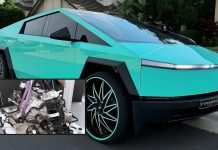










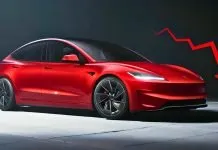
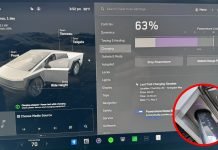


Good, good. Keep pushing the EV lie. That’s great.
Once evil ICE cars are off the road, people will see that EVs are a much bigger climate disaster, but it’ll be too late to stop.